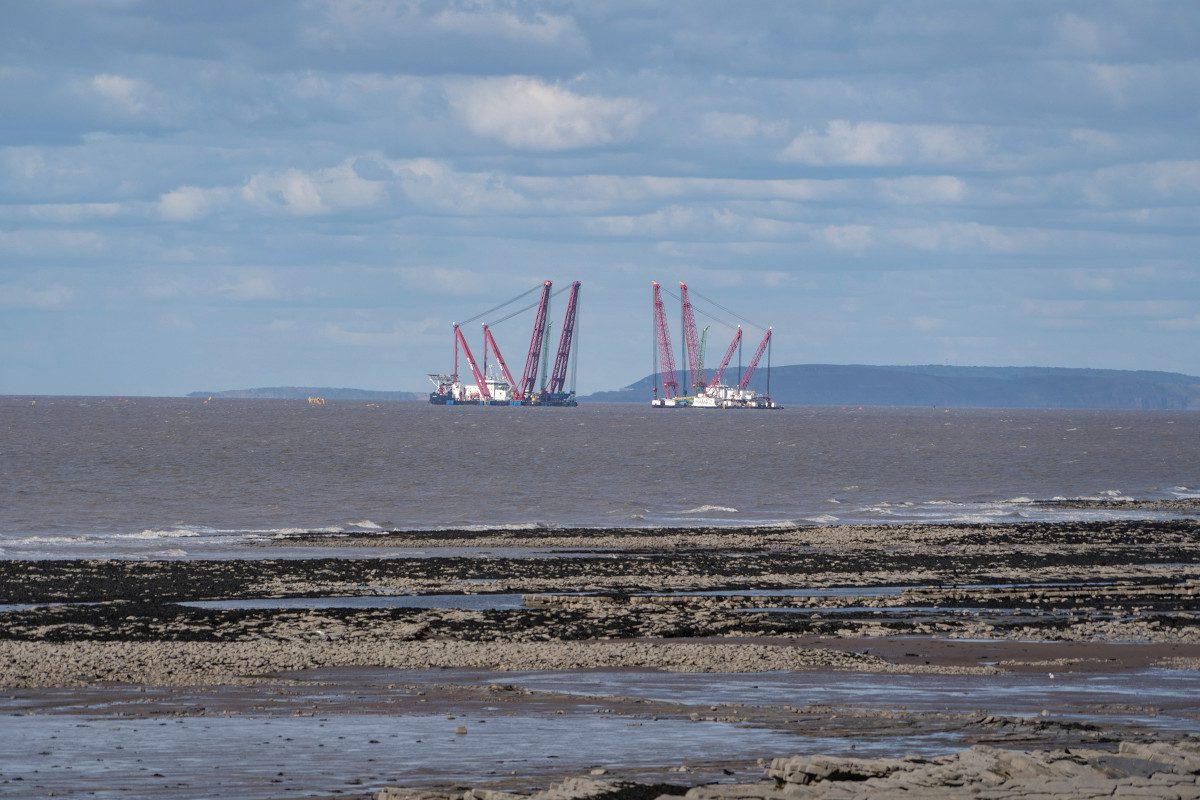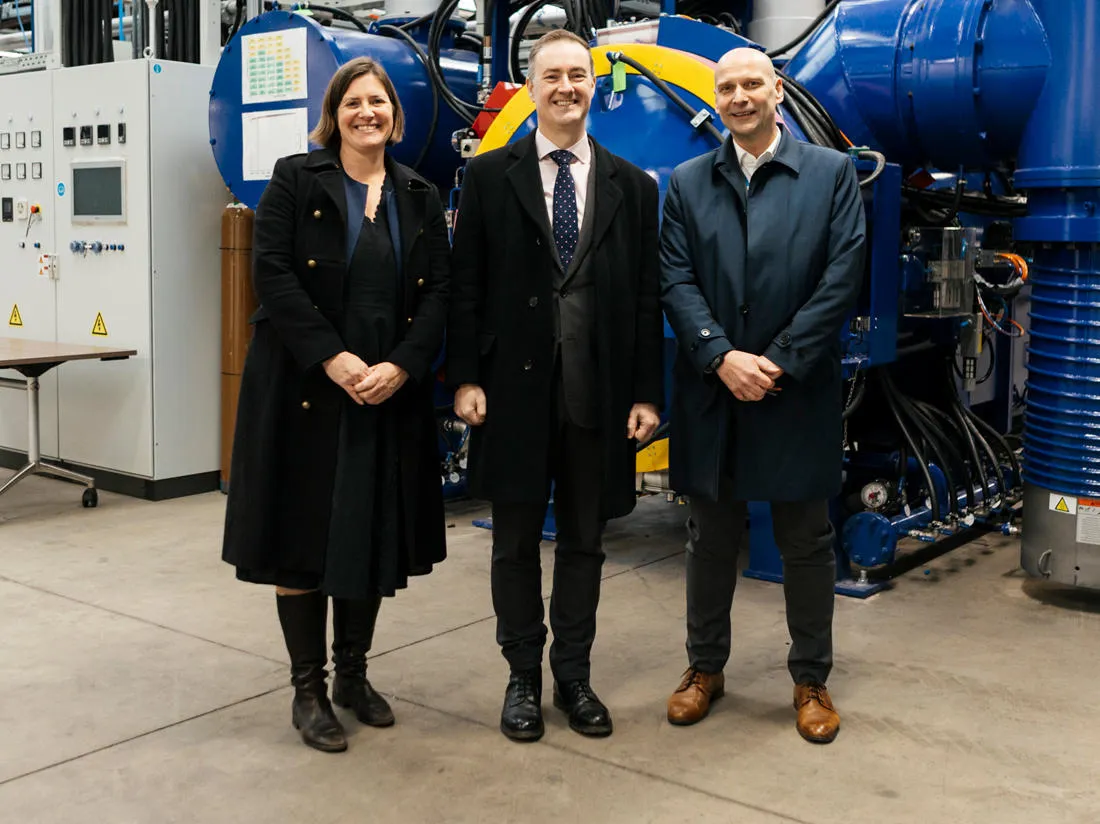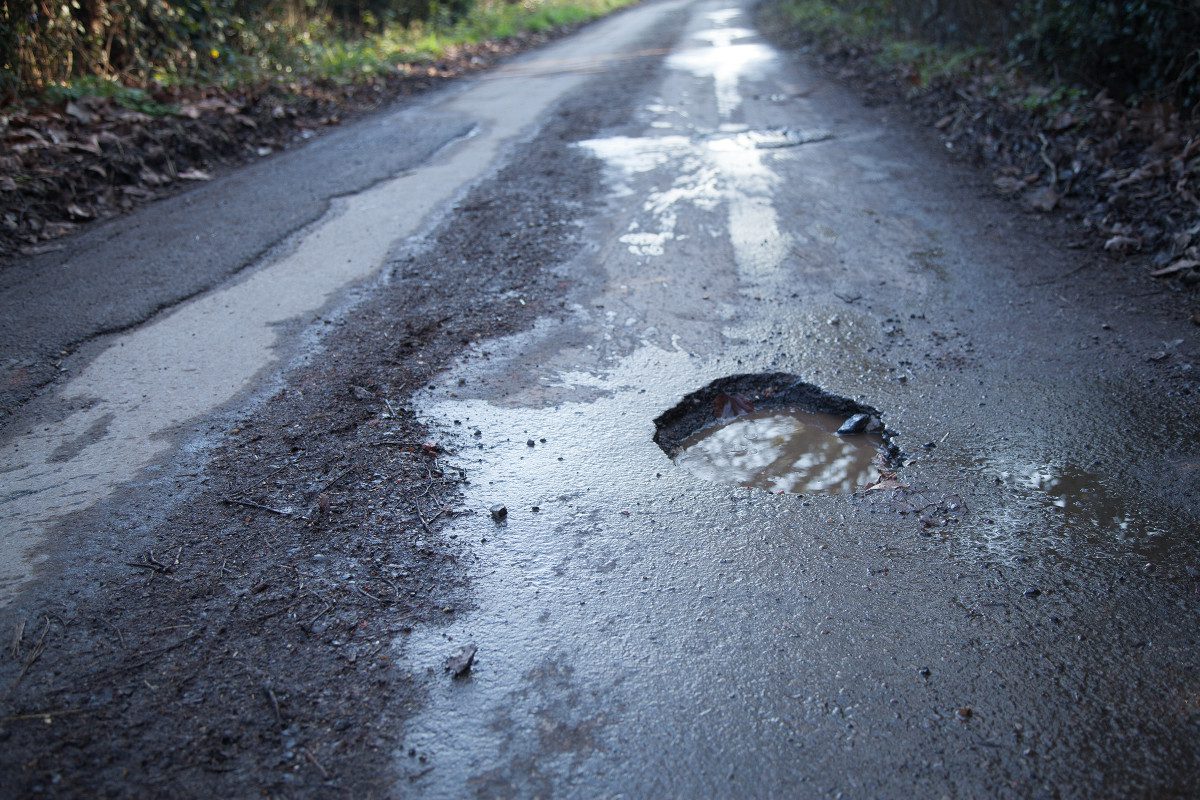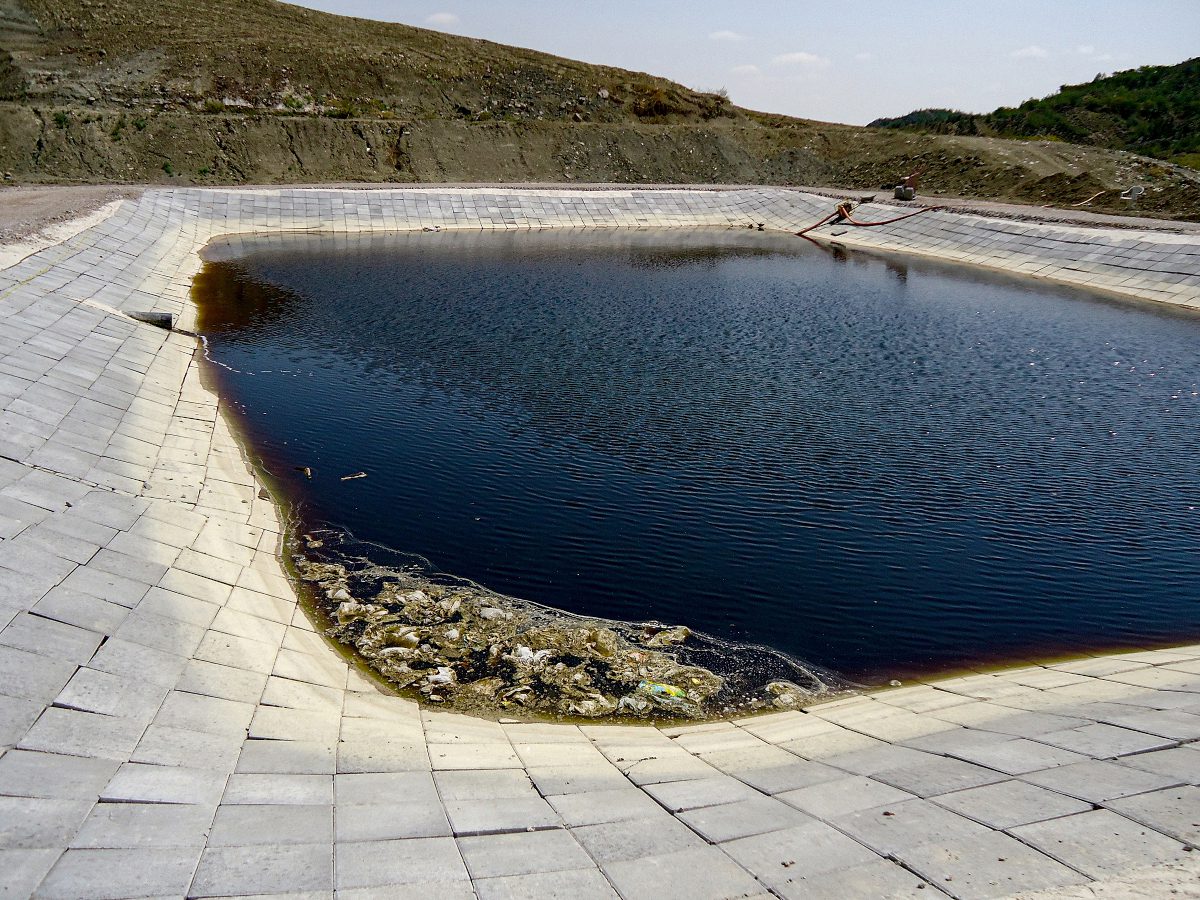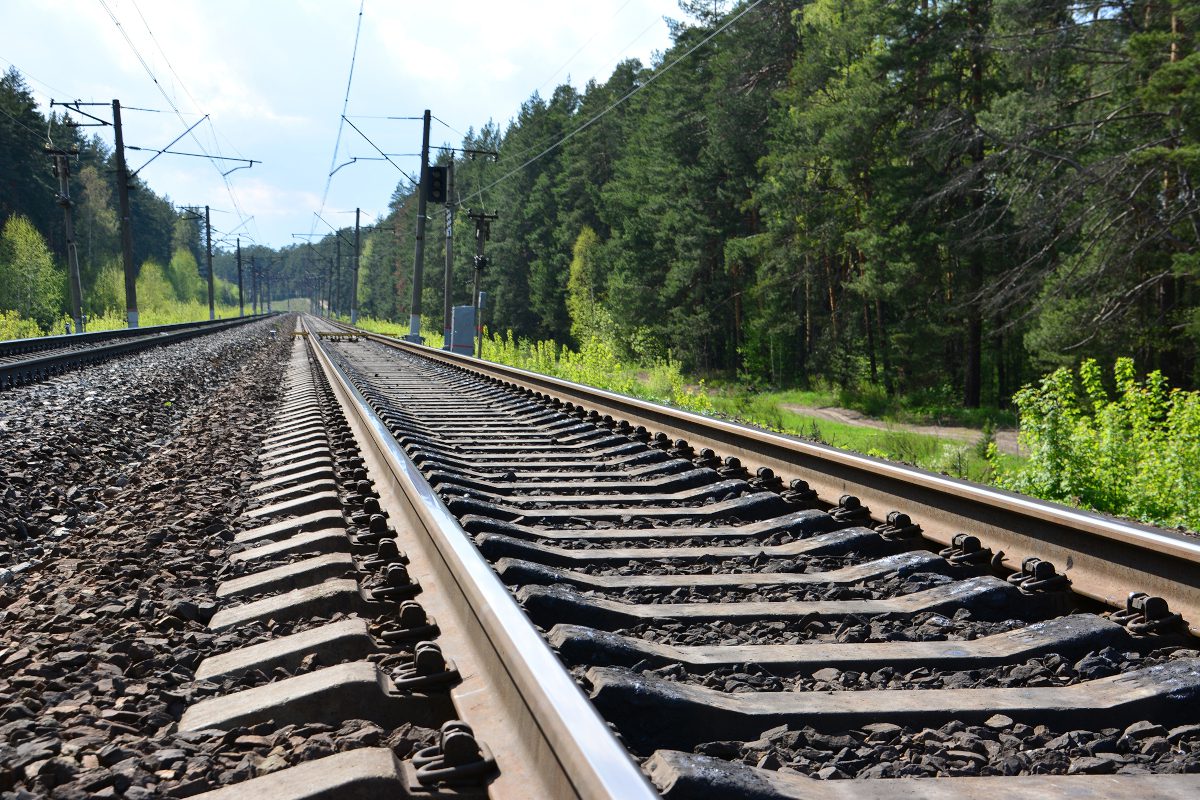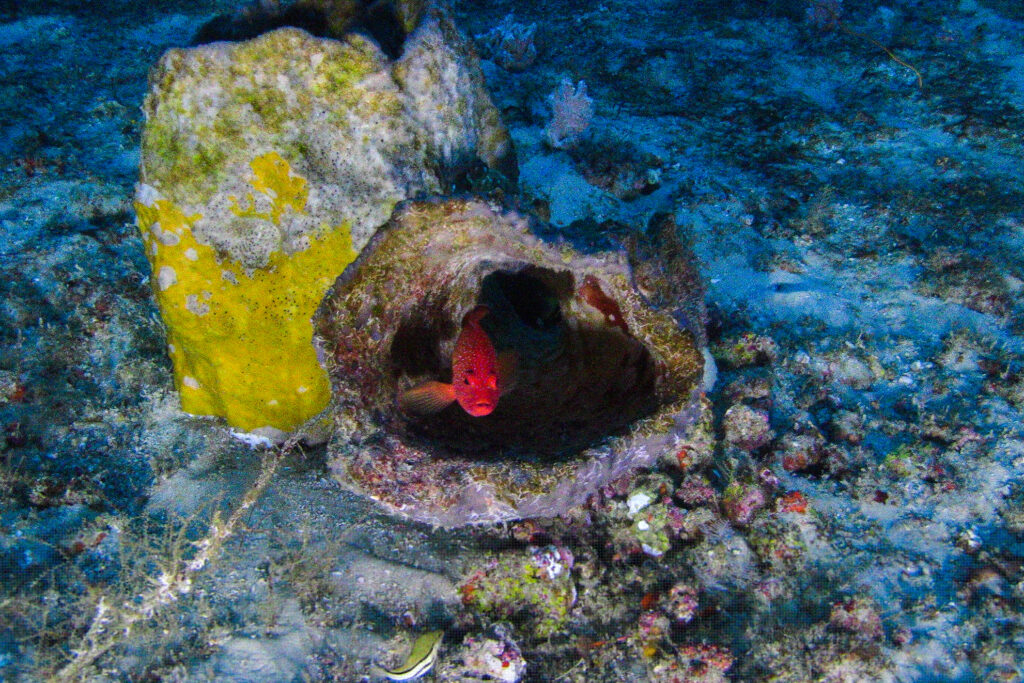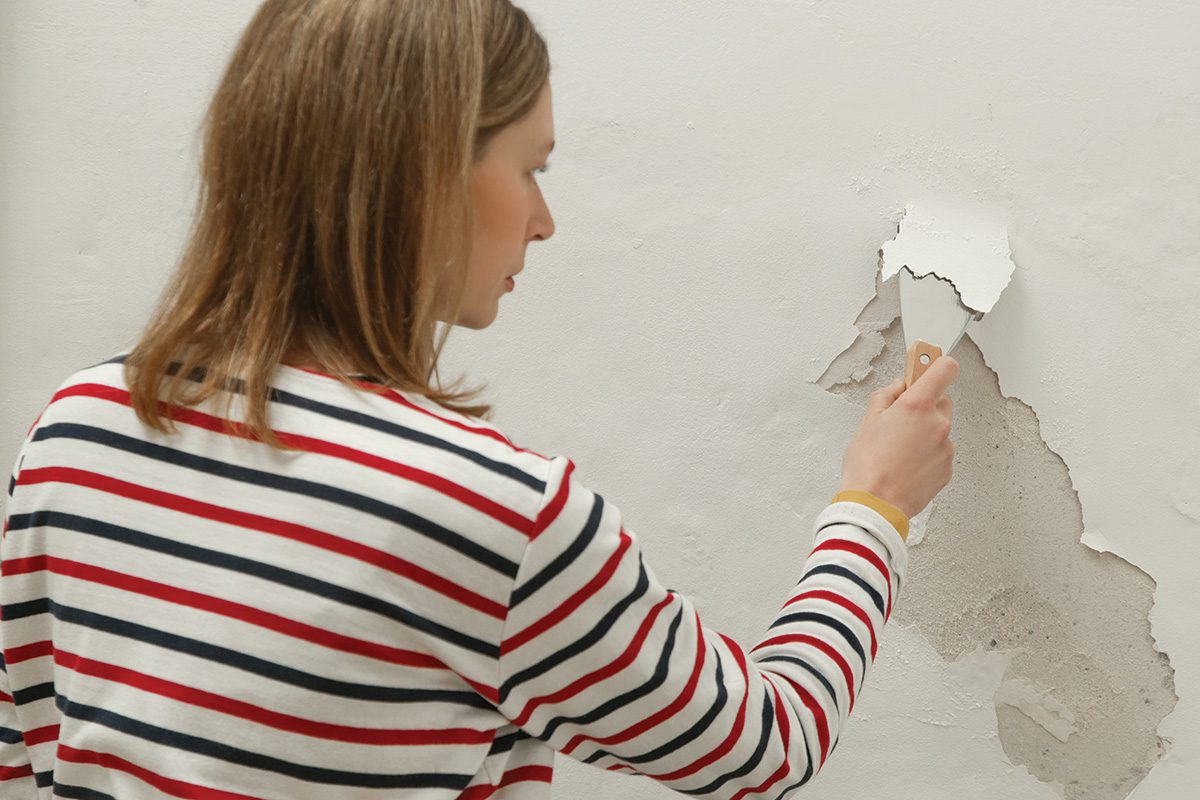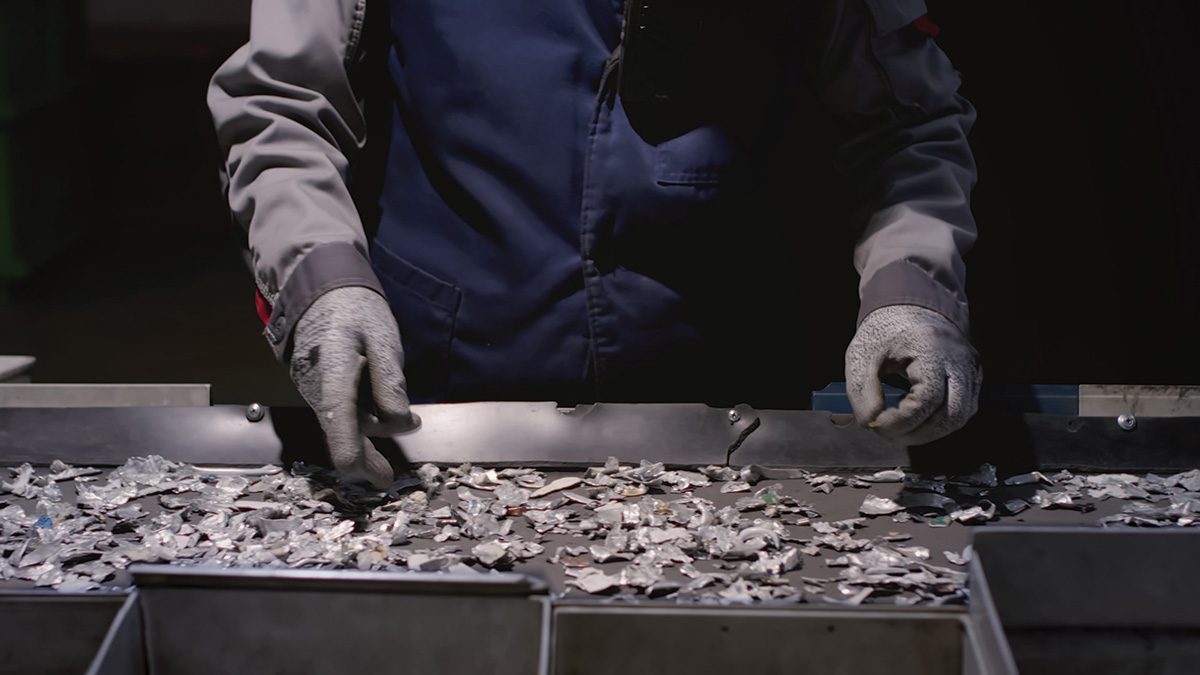The Scottish Circular Economy Bill was passed unanimously on 26 June, following a final debate and vote the previous evening.
It was welcomed by environmental groups, and while most observers said its ambition remained unfulfilled, it still appeared a significant advance.
Friends of the Earth Scotland’s circular economy spokesperson Kim Pratt said the new law “could be a turning point for Scotland as we make the necessary shift away from our current throwaway culture.”
It was originally proposed in early 2023 by the Scottish Greens, who said it had been intended to set a framework for action.
The new Bill introduces a requirement for the Scottish govenrment to set both circular economy targets and a circular economy strategy.
Headline measures also included charges on single-use items such as beverage cups, and a ban on the disposal of unsold goods.
Some of the new measures currently exist more in outline, and implementation details are to be worked out later.
At the Stage 3 debate on 26 June, Sarah Boyack of Labour said the government “needs to move forward with requiring large businesses to report on food waste and surplus, and to get on with delivering a ban on the landfilling and incineration of unsold durable goods.”
During the Bill’s passage through parliament, the Scottish Conservatives’ Maurice Golden had proposed an amendment to strengthen some of the reporting requirement on public bodies, which didn’t make it through to the final document, a point on which Mark Ruskell of the Scottish Greens expressed disappointment.
Labour and the Conservatives both appeared to criticise the Bill for being oriented towards household waste and recycling, and not engaging with the level of ambition implied by the term “circular economy”. But in places where they indicated the government weren’t being serious enough about it, the situation seemed a little more complex than suggested.
Lorna Slater of the Scottish Greens – credited with stewarding the Bill to its existing point – said the powers it conveyed sit in the gap between those that Scotland has (but isn’t using) and those reserved to Westminster. Many of the matters pivotal to realizing a circular economy are beyond its legislative reach. This included, she said, “matters around consumer goods, labelling, international trade and design of products”. She added: “Extraction of oil and gas from the North Sea is a significant contributor to Scotland’s material consumption.”
Sarah Boyack of Labour alluded to the Bill’s putative purpose, being in part to match some of the ambition shown in Wales. They had been able to deliver “one of the highest recycling rates in the world,” she said, “but it took a decade of investment and a billion pounds to make sure they had the infrastructure and capacity to deliver on pragmatic and ambitious targets.”
The Lib Dem’s Liam McArthur, MSP for the Orkney islands, noted that many speakers had voiced concern that the Bill “was light on detail, lacked clarity and did not measure up to its lofty ambitions” – indeed, that it did not respond to “the needs of the moment”.
“The final bill is not perfect and leaves much of the heavy lifting to a future circular economy strategy and future targets,” he said. However he noted “welcome changes” which had “added much needed detail” as well as “strengthening the recognition that a circular economy is one where reducing consumption is just as important as reducing waste”.
Ruskell of the Scottish Greens thanked the NGOs and other groups who had contributed amendments to the Bill. “And who knows,” he said, “maybe if more of the members who had supported those amendments had actually voted last night, more might have been agreed to in the bill.” But he hoped the discussion on this and other unresolved points would continue.
The Bill had “set a framework for action”, but he noted that it’s efficacy was likely to hinge on how any incoming Westminster government chose to act in relation to the UK Internal Market Act 2020. This was “the elephant in the room”, he said.




